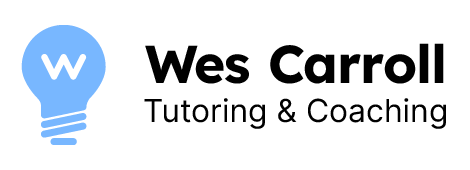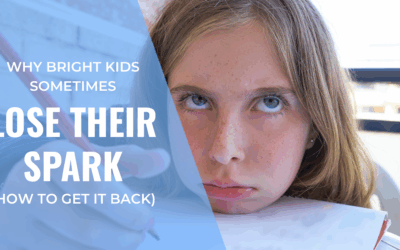Adam Grant just wrote a lovely piece in the New York Times that points out that, as he puts it, “academic excellence is not a strong predictor of career excellence.”
He’s right, and for the right reasons, but a quick skim of the piece might lead you astray.
The key insight isn’t that “slackers win over the long haul.” Instead, it’s this: we’re always choosing between “explore and exploit,” and exploration is more powerful early on.
So don’t blindly optimize for the rules you’re given. The dominant strategy over the long haul is to run little experiments that help identify options that are not “on the menu” but which are nonetheless available.
What this means for students in high school and college is that it’s not necessarily best just to do whatever everyone tells you to do, as well as you can figure out how to do it. It’s better to reserve some of your time and energy for little trials and explorations.
Study a new subject. Try a new study method. Meet some new people. Experience the discomfort of failure (preferably, in a context where the long-term consequences will be minimal). And so forth.
A few quick examples of how I use this with students:
- When my students make errors, I help them see whether it’s an “I didn’t know enough math” error or a different type entirely, e.g. “I didn’t approach this as creatively as I could have,” or “I was on auto-pilot, rather than giving this my full attention.”
- In Chapter 20 of my book How to Be a Brighter Student, I get into this in some detail. I’ll include an excerpt in the comments below.



Also, the quotes at the beginning of that chapter are some of my favorites, so I’m reposting them here:
Should you fail to pilot your own ship, don’t be surprised at what inappropriate port you find yourself docked.
— TOM ROBBINS
The more decisions that you are forced to make alone, the more you are aware of your freedom to choose.
— THORNTON WILDER
A good plan violently executed now is better than a perfect plan executed next week.
— GEORGE S. PATTON